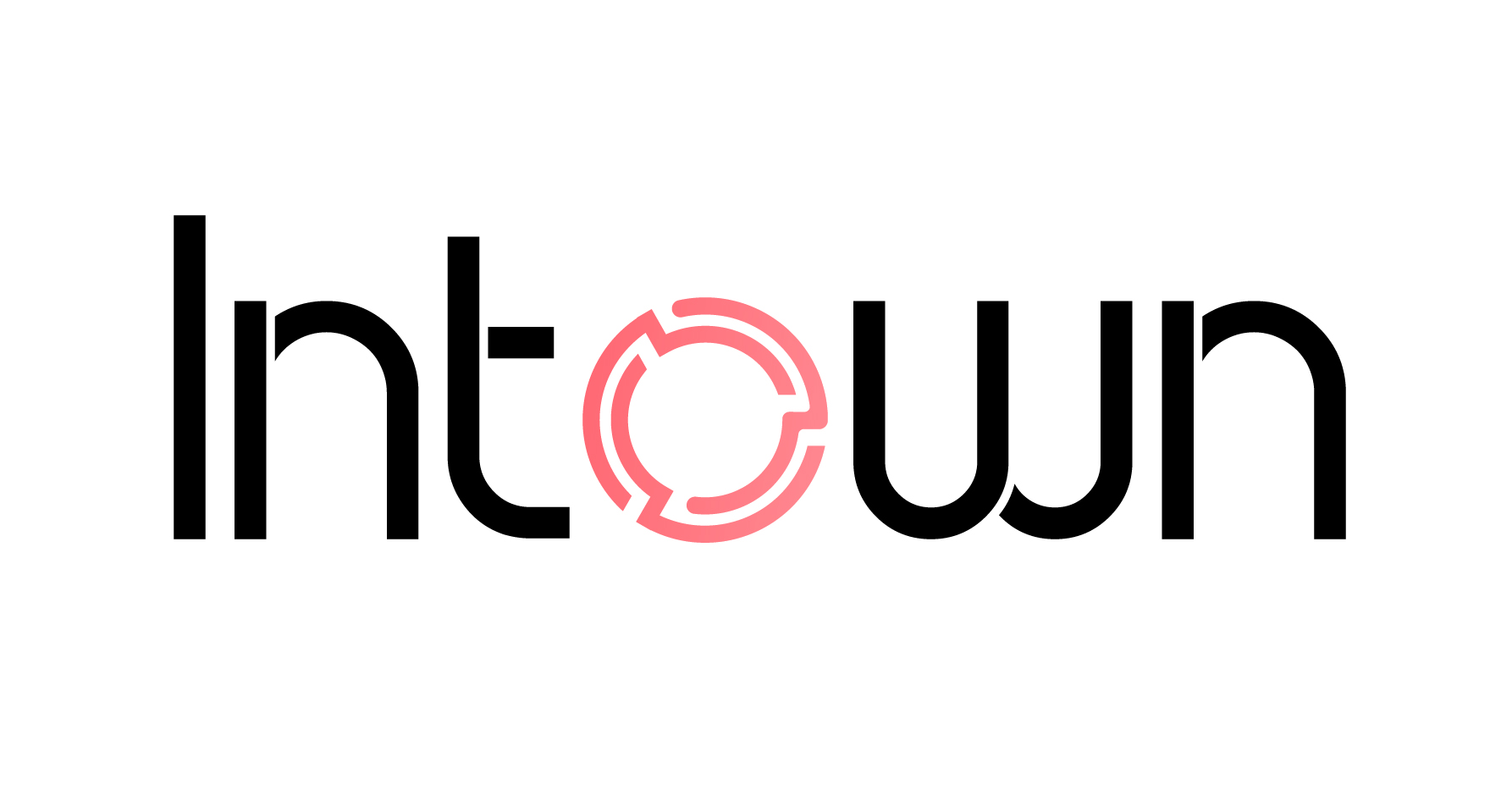Credit card, debit card: french bank cards explained
If you are from the US or Latin America, be warned: in France, bank cards are quite different from what you may be used to in your country. Here, we explain how they work and what you should consider before getting one.
Credit cards vs. debit cards
It’s very easy for foreigners to be confused by the French term “Carte de crédit”. Mainly because it is used to refer to ‘bank cards’ in general, regardless of whether they are ‘credit cards’ or ‘debit cards’. Due to this poor choice of words, many people in France mistakenly think they own a credit card when in fact, they don’t.
In many countries, credit cards refer to what is known in the French banking system as ‘deferred debit cards’. With this type of card, you are not debited every time you buy something. Instead, the sum of all your purchases will be discounted from your account at the end of each month (or at any other date agreed upon with your bank). They’re also an easy way of splitting large purchases into small installments. In France, this type of card exists, but remains extremely rare.
In fact, most French people use debit cards, also known as ‘immediate debit cards’. With this type of card, your account is debited immediately after each purchase. So, beware: whenever your French banker offers ‘credit card services’, he is talking about ‘immediate debit cards’. If in doubt, ask for more details.
Overdrafts
You may be worried about using a debit card because of overdrafts. However, you should know that most banks offer an authorized overdraft (‘découvert autorisé’ in French) for free. Your balance can remain negative for any amount of time provided that you don’t exceed the authorized value.
Your authorized overdraft is generally calculated based on your income and customer history, but you shouldn’t be afraid of negotiating it with your banker.
Agios
Should you exceed your authorized overdraft at some point, your bank will immediately charge Agios.
Agios are a set of fees that cover the expenses of the bank to compensate for the account holder’s lack of liquidity. The modalities vary from one bank to another, but trust us: you don’t want to have to pay them. Some banks charge a flat fee per transaction (up to 10 euros, in some cases) while others charge interest that can approach up to 20%.
You may find yourself in a situation with no choice but to exceed your authorized overdraft. If that happens, don’t worry. Make sure to get your finances back in order quickly and call your bank. If you have always been a good customer, you should be able to negotiate at least a reduction of the fees, if not a cancellation.
Withdrawals
In France, most ATMs (Distributeurs de Billets, in French) are accessible 24 hours a day and 7 days a week. They generally belong to the banks and you will find them within their offices (or near them).
You can withdraw money in all ATMs, whether or not they are from your bank
Contrary to some countries, in France, you can withdraw cash from your account on any ATM. That is, if you have an account at Société Générale, you will be able to withdraw money from an ATM belonging to Crédit Agricole or Caisse d’Epargne. Most banks offer at least one of these cross-bank withdrawals for free every month, even the most basic packages often include up to 4 or 5, so that should cover your needs. If you exceed the limit, you will pay a fee of approximately 1 € per extra withdrawal.
You may also be interested in how to open a bank account and how to make bank transfers.
Suggested content
-
What is France’s GDP per sector?
In 2022, France was still the 7th largest economy in the world and the 2nd in the Eurpean Union, behind Germany. According to the OECD statistics, it represented 2,3% of…
-
How can I get a job in France?
Before embarking on your job search in France, it’s crucial to understand the intricacies of French work culture for expats. Mastering French is essential Before applying for jobs in France,…
-
How Does Retirement Work For Americans Working In France?
Retirement for Americans working in France is governed by the bilateral agreement between France and the USA for social security. This agreement ensures that your work in both countries is…


